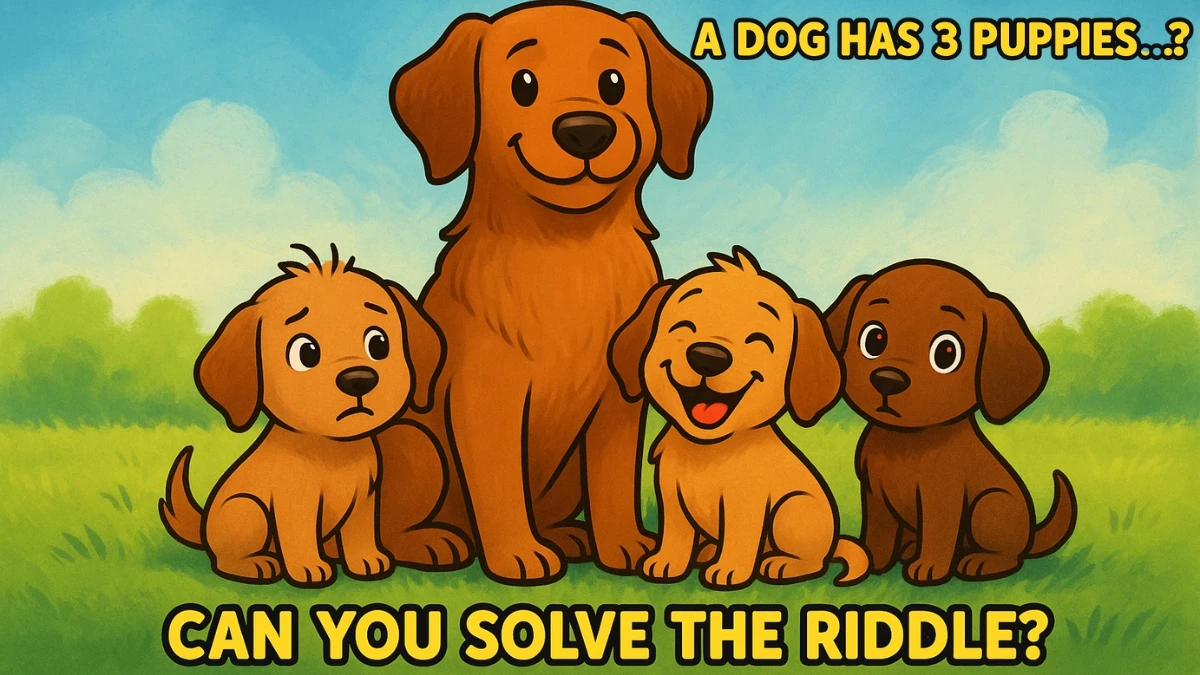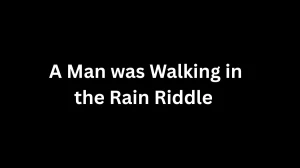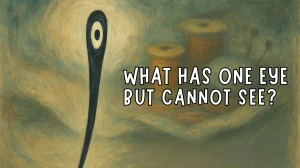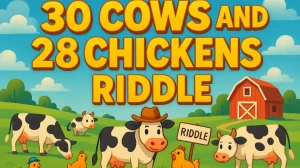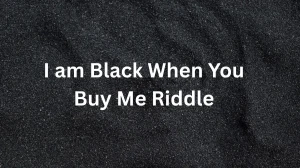A Dog has 3 Puppies Riddle
Riddles are often more than just wordplay—they’re brain exercises that test how carefully we listen, read, and think. One such riddle making the rounds is:
“A dog has three puppies: Sunday, Monday, and what is the mother’s name?”
At first glance, it seems like the riddle is asking you to guess the third puppy’s name. But like many clever riddles, this one hides the real question in plain sight. Let’s break it down and uncover the surprising answer.
The Riddle, Repeated:
“A dog has three puppies: Sunday, Monday, and what is the mother’s name?”
Most people instinctively try to complete the pattern — if the puppies are named Sunday and Monday, perhaps the third is Tuesday?
That’s the trap.
The Key Is in the Punctuation and Emphasis
What the riddle is really saying is:
“A dog has three puppies: Sunday, Monday, and ‘What is the mother’s name.’”
Now read that again more carefully.
The entire phrase is:
“…and what is the mother’s name.”
This isn’t a question about the puppies' names — it’s telling you the mother’s name. The trick lies in how your brain parses the sentence.
A Dog has 3 Puppies Riddle Answer Explained
The mother’s name is “What.”
Yes — the dog’s name is What.
The phrase isn't asking you to identify her name, it's stating it — just in a confusing way.
Why It’s So Confusing?
It’s a classic riddle move:
It plays with sentence structure.
It misleads you into thinking it's a question when it's really a statement.
It relies on assumptions and mental shortcuts.
This riddle teaches us an important skill:
Sometimes, understanding isn't about solving — it's about slowing down and actually listening.
When we take riddles at face value or make quick assumptions, we often miss the hidden message.
Final Thought
So the next time someone asks:
“A dog has three puppies: Sunday, Monday, and what is the mother’s name?”
You can confidently answer:
“What.”
And if they look confused? Just smile — they’ve just experienced the magic of a well-crafted riddle.

